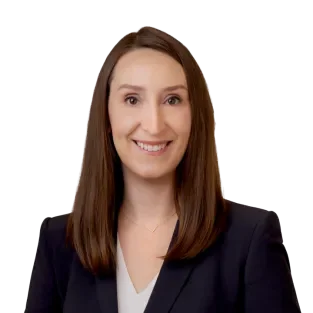ASAP
Chicago City Council Passes Vaccination Time Off Ordinance
On April 21, 2021, the Chicago City Council passed an ordinance, effective immediately, prohibiting adverse action against all Chicago workers—including independent contractors—who take time off from work to receive a COVID-19 vaccine. The ordinance also prohibits employers from requiring that a worker get a COVID-19 vaccine outside of work hours.
Vaccination time off need not necessarily be paid. Employers that do not require vaccination must provide unpaid vaccination time off and must permit (but not mandate) a worker to use accrued or otherwise available paid sick leave or paid time off to cover the absence. (Note that this may include any paid sick leave a worker may earn and have available under the Chicago Paid Sick Leave Ordinance).
If, however, the employer requires vaccination, the worker must be provided up to four hours of paid vaccination time off per injection. Under these circumstances, paid vaccination time off must be compensated at the worker’s FLSA regular rate of pay, which is normally only used when calculating the overtime rate for non-exempt employees. In order to be eligible for the time off with pay, the vaccination appointment must occur during a scheduled work shift.1 Workers cannot be required to use paid time off or paid sick leave to cover the hours missed for the appointment.
While the ordinance contains no notice or posting obligations, the Office of Labor Standards has already published an infographic summarizing workers’ rights and employers’ responsibilities under the ordinance.
The ordinance will automatically expire when the city commissioner of public health makes a written determination that the public health threat posed by COVID-19 has diminished to the point that the ordinance can be safely repealed.
The City’s Office of Labor Standards has jurisdiction to investigate alleged violations of the ordinance and enforce the law through administrative proceedings or civil litigation. In addition, employers that are found to violate the ordinance are subject to fines ranging from $1,000 to$5,000. Workers also have a private right of action to pursue remedies including reinstatement, treble damages, other actual monetary damages, and reasonable attorney’s fees and costs.
The ordinance leaves many unanswered questions for employers regarding implementation, such as what documentation, if any, can be required from a worker to verify their need for vaccination time off, how much time an employee can take off from work per injection, and how much advance notice a worker must provide before their absence. The ordinance grants the city commissioner of public health authority to promulgate rules necessary to implement the ordinance; we anticipate that either the commissioner or the Office of Labor Standards may issue additional guidance for employers.
As vaccines become increasingly accessible and employers implement their plans to return to the office, we encourage employers to take action to ensure that their leave policies and practices conform with state and local requirements.



